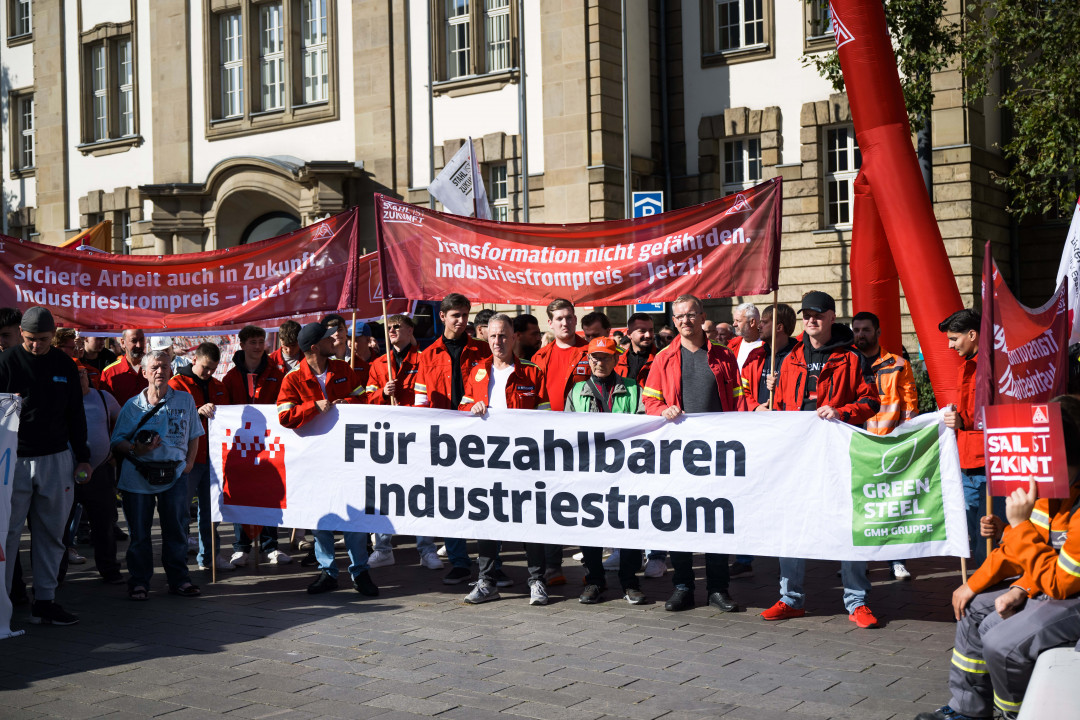
The unfavourable conditions for business in Germany are coming into focus during the economic recession: the transformation requires investments in the trillions. The still high electricity price and the dramatically increasing grid fees are exacerbating the industrial and economic crisis. The German Foundry Association (BDG) – like numerous other associations and industries with energy-intensive production – is renewing its call for a rapid reduction in electricity costs to an internationally competitive level.
In recent months, issues such as immigration and coalition disputes had overshadowed the fundamental economic policy problems in Germany in public discussions. Fundamental questions about the location and framework conditions are now back on the agenda: Germany is in the throes of a recession because the location has fallen massively behind in international competitiveness. The BDI's Transformation Paths Study, in which the BDG was also involved, puts the investment backlog in Germany at 1.4 trillion euros – money that urgently needs to be invested in modernising infrastructure and transformation. In the wake of the looming exodus of the chemical and steel industries and, most recently, the Volkswagen crisis, excessive bureaucracy and electricity prices and grid fees that are far too high are coming under the spotlight of economic policy. On 16 September 2024, at the Duisburg Steel Summit, IG Metall renewed the demand, already raised in 2023 together with the BDG, for the introduction of an industrial electricity price.
‘The situation in energy-intensive industrial SMEs in Germany is dramatic. Deindustrialisation has already begun in the German foundry industry with the loss of orders to foreign countries. One of the main reasons for this relocation is that electricity is too expensive in Germany. We are not internationally competitive,’ says Max Schumacher, BDG's managing director, describing the situation of the German foundry industry. ’We are calling for a rapid and sustainable reduction in electricity costs to an internationally competitive level.’
The BDG is formulating this demand against the backdrop of the current discussion on the topics of location and industrial electricity prices. At the steel summit in Duisburg on 16 September, Federal Minister for Economic Affairs Robert Habeck had made a clear commitment to the location and admitted that too little had been invested in the country's competitiveness in recent decades. Habeck had also explicitly brought the subsidisation of grid fees into play in Duisburg.
Schumacher: ‘We see the discussion of grid fees as a positive signal that Minister Habeck wants to counteract the threat of deindustrialisation. Grid fees must not end up increasing the electricity bills of our companies.’

